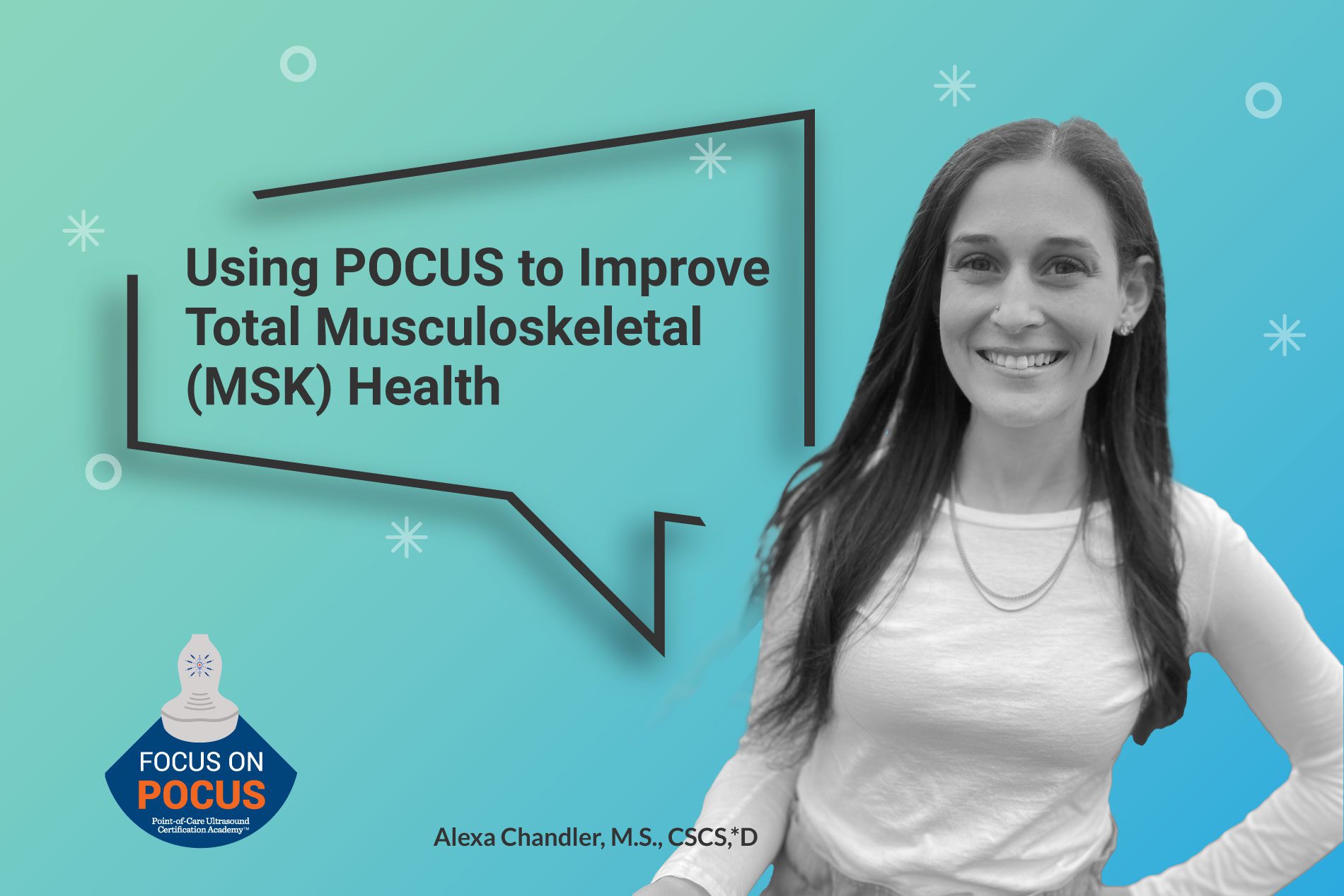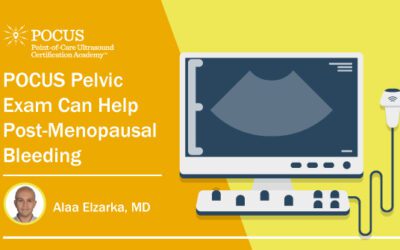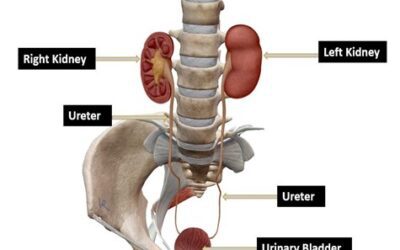
Alexa Chandler, M.S., CSCS,*D, is a doctoral student studying Exercise Science at the University of South Carolina. She earned her bachelor’s degree with honors in Exercise Science from Ithaca College in 2016 and her master’s degree in Kinesiology and Applied Physiology from Rutgers University in 2019. While at Rutgers, her research focused on the use of ultrasound to assess body composition in elite ballet dancers. She is currently using ultrasound to assess changes in muscle and tendon thickness following a resistance-training program with and without blood flow restriction. Her interests include exercise physiology, sports nutrition, and sports science.
Additional Resources
The European Journal of Clinical Nutrition conducts a study to help determine how reliable ultrasound is in measuring the percent of body fat estimate.
Review article, Ultrasound as a Tool to Assess Body Fat, explains the technical ultrasound principles and methods used to estimate body fat.
Gain additional technique insights from Sports Scientist Adam Virgile, who sees ultrasound as the future of body composition assessment in athletes and sports medicine.
Get certified in POCUS for the musculoskeletal system with the POCUS MSK Certification! Learn more.
Questions? Email POCUS@Inteleos.org
























